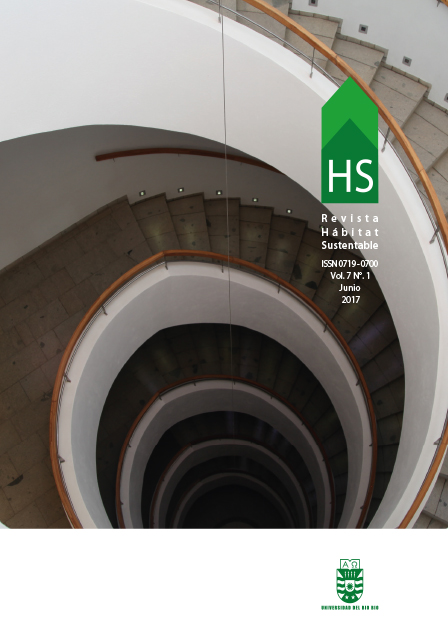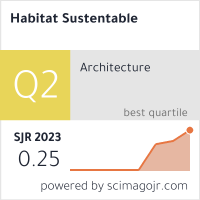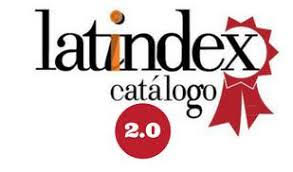How much does the energy class of our dwellings matter to us? an analysis of the level of understanding of EPCs, willingness to pay and reasons for payment in Barcelona.
Keywords:
energy performance certi cates, contingent valuation, residential market, energy classAbstract
This article reports the results of pioneer research in Spain whose objectives are to analyze the level of understanding of energy performance certi cates (EPC) by households and to know the willingness to pay (WTP) for energy ef cient housing and the in uencing factors. By means of contingent valuation, the WTP was calculated to improve the energy class of a typical apartment in Barcelona. In general, respondents were unaware of the elements that determine energy class, especially individuals with less education and senior citizens. This lead to mistrust of certi cates and to the undervaluing of energy- ef cient housing. The WTP for the improvement E->A was found to be 30.58 euros/month, which equals electricity bill savings. Behind WTP there were underlying nancial reasons, such as income level or economic savings, but also sensitivity to the environment and responsible consumption. Finally, those who prefer to buy rather than rent seemed to be more willing to pay for a better rating. All this constitutes a clear message for energy and housing policy.
Downloads
References
Amecke, H. (2012). The impact of energy performance certificates. A survey of German home owners. Energy Policy 46: 4-14.
Barboza, M. (2016). Evaluación de costes y beneficios de una mayor cualificación energética en el mercado residencial de nueva planta en Barcelona, tesis de máster, UPC.
CE (2008) http://ec.europa.eu/transparency/regdoc/rep/1/2008/ES/1-2008-780-ES-F1-1.Pdf
Dascalaki, E., Kontoyiannidis, S., A. Balaras,C., G. Droutsa. K. (2013). Energy certification of Hellenic buildings: First findings. Energy and Buildings, 65: 429–437.
De Ayala, A., Galarraga, I., Spadaro, Joseph, V. (2016). The price of energy efficiency of the spanish housing market. Energy Policy, 94: 16-24
EPBD (2010) Energy Performance Building Directive http://eur-lex.europa.eu/LexUriServ/LexUriServ.do?uri=OJ:L:2010:153:0013:0035:ES:PDF
García-Hooghuis, A; Neila, F. J. (2013). Modelos de transposición de las Directivas 2002/91/CE y 2010/31/UE “Energy Performance Building Directive” en los Estados miembros de la UE. Consecuencias e implicaciones. Informes de la Construcción, 65, (531): 289-300.
García-Navarro, J. Díaz; M. Valdivieso. M, (2014). «Estudio Precost&e»: evaluación de los costes constructivos y consumos energéticos derivados de la calificación energética en un edificio de viviendas situado en Madrid, Informes de la Construcción, 66 (535):1-10.
Lainé, L. (2011) Room for improvement: The impact of EPCs on consumer decision-making, Consumer Focus, London
Marmolejo, C. (2016). La incidencia de la calificación energética sobre los valores residenciales: un análisis para el mercado plurifamiliar en Barcelona, Informes de la Construcción, 68 (543): e156
Mitchell, R. C.; Carson, R. T. (1989). Using Surveys to Value Public Goods: The Contingent Valuation Method. Resources for the Future, Washington, D.C.
Poel, B. Van Cruchten, G., A. Balaras, C. (2007). Energy performance assessment of existing dwellings, Energy and Buildings 39: 393–403.
Ramos, A.; Gago, A.; Labandeira, X.; Linares,P. (2015). The role of information for energy efficiency in the residential sector. Energy Economics, 52 (2015), S17–S29.
Riera, P. (1994). Manual de Valoración Contingente. Instituto de Estudios Fiscales, Madrid.
Soguel, Nils, C. (1996). Contingent Valuation of Traffic Noise Reduction Benefits, Swiss Journal of Economics and Statistics, 132 (1): 109-123
WWF (2010). Potencial de ahorro energético y de reducción de emisiones de CO2 del parque residencial existente en España en 2020: 61
Downloads
Published
How to Cite
Issue
Section
License
The content of articles which are published in each edition of Habitat Sustentable, is the exclusive responsibility of the author(s) and does not necessarily represent the thinking or compromise the opinion of University of the Bio-Bio.
The author(s) conserve their copyright and guarantee to the journal, the right of first publication of their work. This will simultaneously be subject to the Creative Commons Recognition License CC BY-SA, which allows others to share-copy, transform or create new materials from this work for non-commercial purposes, as long as they recognize authorship and the first publication in this journal, and its new creations are under a license with the same terms.











 Scientific Information Program/Concurso Fondos de Publicación de Revistas Científicas 2018/ Proyecto Mejoramiento de Visibilidad de Revistas UBB (Código:FP180007).
Scientific Information Program/Concurso Fondos de Publicación de Revistas Científicas 2018/ Proyecto Mejoramiento de Visibilidad de Revistas UBB (Código:FP180007).





